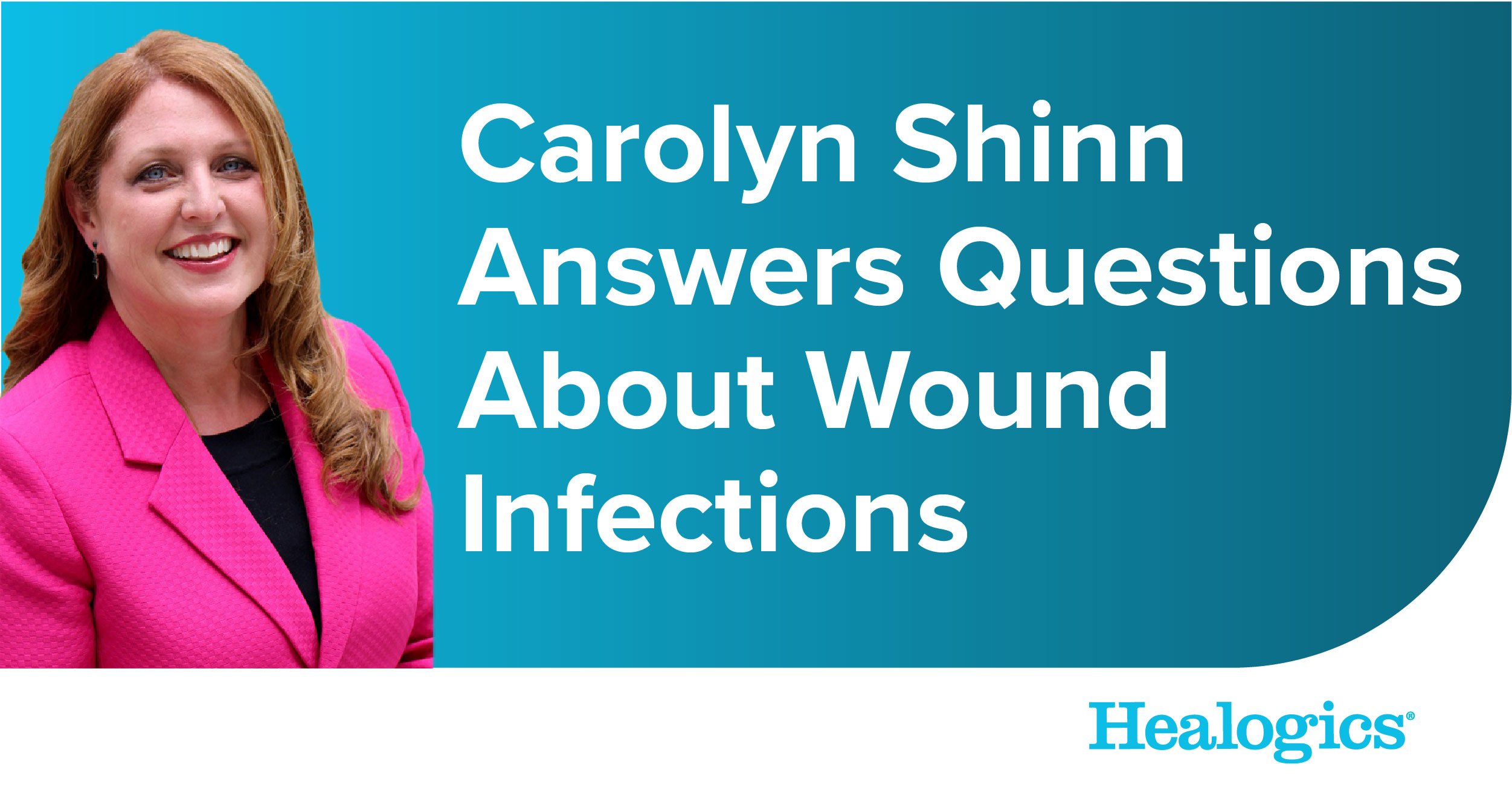Who is at risk for wound infections?
Anyone can get an infection. People with open wounds, weak immune systems or those living with diabetes are especially susceptible to wound and/or bone infection, called osteomyelitis.
How can I tell if my wound is infected?
Common signs of infection include increasing redness, swelling or pain at the wound site; foul-smelling or discolored drainage or an increase in drainage; fever or chills. Seek immediate medical care if you suspect your wound is infected by calling your Wound Care Center® or primary care doctor.
How do Wound Care Centers help prevent and heal infections?
The specialized care provided by wound care experts includes advanced treatments, such as debridement, which removes dead or infected tissue allowing for new cell growth. Your care team will also provide dressings to help protect you from infection and keep your wound healing.
If you have an infection, your care team may conduct tests, including blood tests, cultures or tissue biopsies of your wound to identify the type of infection. You may also need an x-ray, MRI or CT scan to determine if the infection has reached deeper tissues.
What can I do at home to help prevent a wound or bone infection?
Wash your hands frequently and dry them thoroughly. It is especially important to clean and dry your hands before changing the dressing on your wound. Keep your wound covered with a clean dressing at all times to provide a barrier against germs. Keep all bodily fluids away from your wound and, if you have pets, keep your wound covered and away from all pet hair, excrements and saliva. It is also important to eat foods that are rich in vitamins to boost your body’s immunity.
You can find more information about infection prevention and common chronic wounds at our 2021 The Year of Healing page.
If you or someone you care for is living with a non-healing wound, contact a Wound Care Center to discuss the advanced treatments available.


